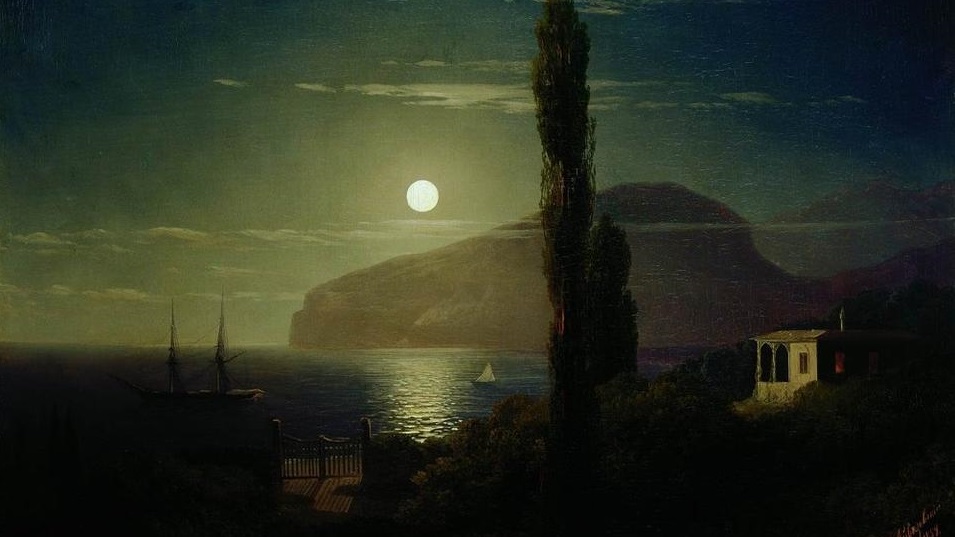All Divinity Is Love or Wonder*
New Harbor October 2020
All Divinity is love or wonder.
The moon pulls up the sea, while rocks plunge deeply
underneath; ragged, cracked asunder,
synclined metamorphic panoply.
Moonlight fractures on the night-black surface,
embers dancing over dying coals.
A Fresnel beam each fifteen seconds passes,
warning of Monhegan Island’s shoals.
Pulse and gentle pulse, the sea, the shore,
the turn of granite tide and melting stones,
waves erode the soul down to its core.
Pulse of wonder, cut by calling crows
navigating limbs of twisted pines.
Gnarled roots delve into the divine.
*”A Valediction of the Book,” 4th stanza, John Donne
These Woods Are Mine
These woods are mine. I know the trail. I trace
the line of every snail that leaves a shine
along the cracked rock eaves over the race
of water cold and black beneath the pine.
I wait. I see the sunlight on the ferns,
dappled flight of mayflies flit on morning
mist that glides above the stream and turns
between, like dreams that vanish, wakening.
My house is here. It does not need a gate
to lead the moose to moss, nor sign for deer
to find green growing shoots when spring comes late
and winter fails to loose its vines of fear.
I sleep. The crows return from where they’ve flown.
I lay my bones among the roots and stone.
Plum Island Solstice
I can see the Isle of Shoals across
the rock mouth of the Merrimac, where Thoreau
canoed two weeks, and mourned his brother’s loss;
where fishing vessels roll, or wait to tow
unwary pleasure craft back into port.
A line of breaking waves marks the place
where river meets the sea, and just a short
way up the beach, seals on a jutting quay
bark and bray and stay just out of reach
of boys with pointed sticks who poke, oblivious
to mothers’ scolding; for they cannot teach
a child of eight to see the obvious:
How swiftly turns the tide, how steep its toll,
how soft brown eyes can hold lost sailors’ souls.
Cindy Hill is an attorney, writer and passionate gardener living in Vermont. She has been writing poetry since 1970 and been writing professionally since 1978. She has won a number of awards for journalism and short fiction, and the 2002 Ralph Nading Hill award for a narrative poem. Her poems have been published in Literary Mama, PanGaia, Sagewoman, WildEarth, Vermont Life, Measure, and the National Public Radio Themes and Variations program.















Hi Cindy,
All three are lovely and I really enjoyed reading them. I hope you don’t mind my bringing one little thing to your attention. Did you perhaps mean to put the apostrophe after the “s” on sailors? Thank you for the opportunity of reading.
jd
All three poems, Cindy, evince a rare gracefulness of expression, and the ideas & images so expressed are subtle and often trenchant, but I had some questions about the meter in “All Divinity ….” Most of the lines are trochaic, many of these catalectic. A few other lines are pure iambic, with or without a masculine rhyme ending. These irregularities do not detract from the flow or the meaning of the poem, but I could not help but wonder what your metrical plan was, if you even worry about that kind of thing.
Cindy, Reading your descriptive imagery is like looking at a painting and marveling at the masterfully placed dabs of colored paint that bring it to life. I have visited the coast you describe and, two years ago, was pleased to enjoy a stay of several days on Star Island (one of the “Shoals”). Your poems carried me back to that time and place and conjured memories of having delved with roots into the divine. Thank you for sharing your verbal/visual art with us. Indeed, these three poems, if framed, could well grace the walls of a Portsmouth art gallery.